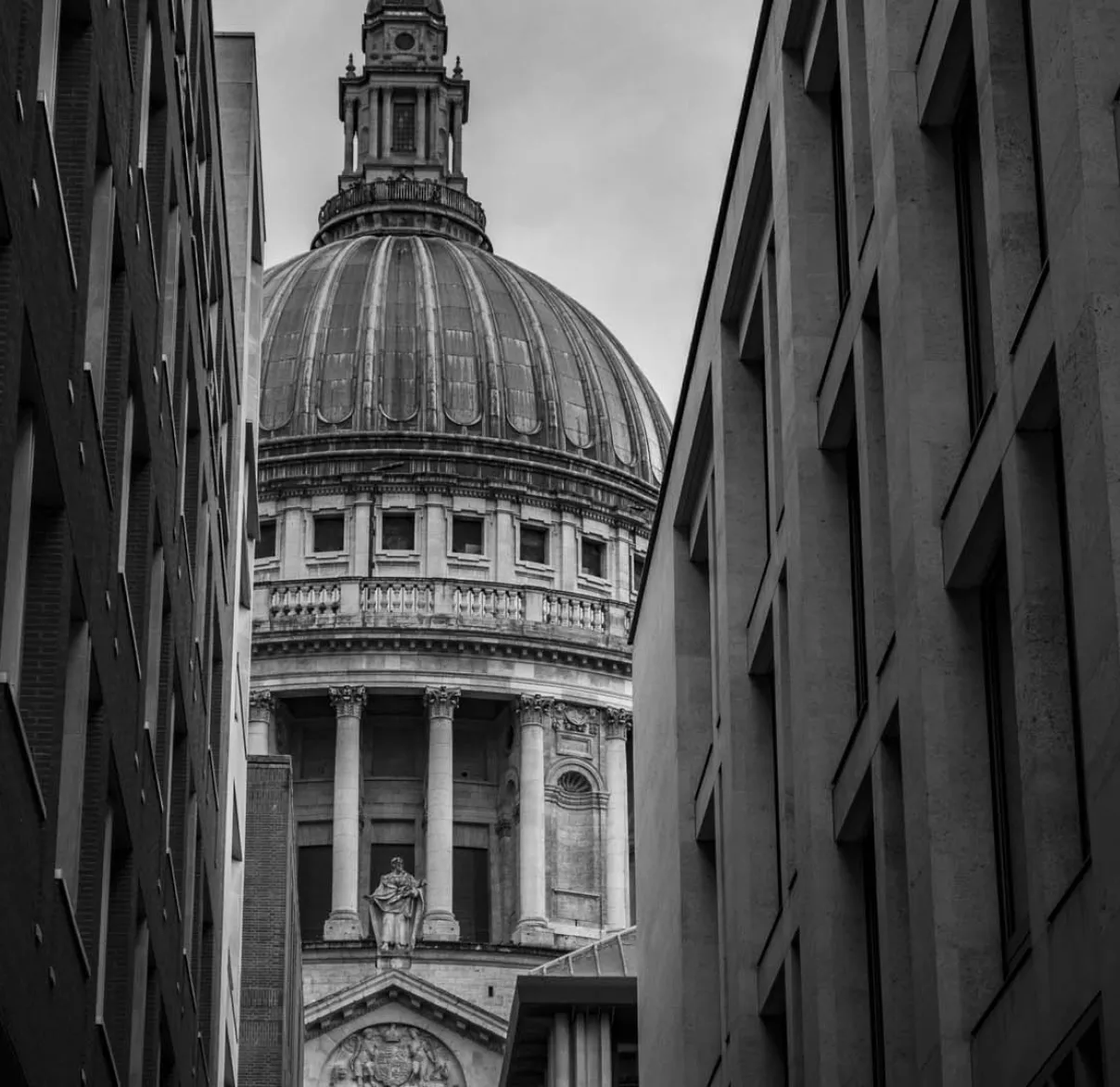The UK faces tough choices – it needs to act
As the UK summer slowly rolls towards autumn, the government’s second Budget approaches. Head of Multi-Asset Investments David Coombs is getting concerned that Labour isn’t bold enough to deal with pressing problems.

I left home at 19 as soon as I got a job, moved into a house with four others and found out quite quickly that financial life outside of the bank of mum and dad was pretty tricky. My options: 1) stay in every night and cut down on my leisure activities, or 2) get an evening job to supplement my beer money. Guess what? I chose the latter, working behind a bar so I got paid and had more leisure time – genius.
When in financial straits it’s quite simple. Spend less or earn more. In government terms, they are the two sides of the austerity coin. Of course, there is a third option – borrow more…and more…and more…
So, the UK is in a real pickle and a bar job is not going to sort it. We were hopeful when Labour took power last year that new ideas and a fresh approach would spark life into Britain, reversing almost a decade of decline. But we were also dubious about the promises they had made to secure votes, and concerned that unions and other vested interests would bend them away from tough decisions and radical changes. It gives us no joy that our fears appear to have been justified.
There are only four ways to deal with our current predicament:
- Boost GDP growth considerably
- Cut government spending
- Raise taxes
- Go bust
The best result for everyone is improving GDP growth. That would mean the nation is wealthier, people would have more to spend and invest, and the government would get more in taxes that it can use to help those in need and invest for the future. However, that’s not happening. The policies aren’t right, the infrastructure isn’t working, the investment isn’t there. The proof is in the pudding: UK GDP has been sluggish for years and has continued in that vein recently.
The UK has a productivity problem: since the Global Financial Crisis our ability to increase the economic activity we create for each worker and pound of investment has degraded materially. Other countries, like the US, France and Germany, have left us in their dust. If we can’t get more bang for our buck, we won’t be able to cover our extra public spending needs – let alone try to reduce all that debt. Ballooning government spending and sharply higher bond yields mean we’re spending much more simply paying interest on our pile of debts (see chart below). We think that the forecast for the rest of the decade – much like other UK forecasts – has overly rosy assumptions of GDP growth. In other words, it could be even worse.
The next preference is cutting spending. People love the idea, just not the spending that affects them! Unfortunately, most people in the UK get help from the government, whether they realise it or not (the NHS, free childcare, pensions, etc). It’s really hard to make substantial cuts without annoying large blocs of society. The government’s latest attempts to reform sickness and disability payments are a case in point. Aiming to cut the bill by £5 billion over five years, the government ended up with changes that might not cut expenditure at all.
So then you have raising taxes: a sure-fire way of annoying everyone – well, if you go for a broad tax that could generate the amounts of revenue required. Increasing Basic Rate Income Tax by 1p to 21% would increase tax revenue by £8.2bn a year. The same change to VAT would net between £9bn and £10bn each year. The government entered Downing Street promising not to use the most powerful tools of taxation it has. So, instead, it appears to be focused on squeezing as much as it can from smaller-scale taxes that hit fewer people.
Unfortunately, the people getting squeezed are increasingly the same set of people: the working middle class. Wealth taxes are being discussed. Doubled council tax bills on second homes are already in force. More and more people are being pushed into higher income tax brackets that come with hugely distorting quirks: like the 60% tax trap when you earn between £100,000 and £125,140 – it’s 70% in Scotland. Because of the way the personal allowance is tapered, you take home less than half of every pound you make in this band. This dampens people’s drive to work hard and make more for themselves – why not reduce hours and cruise? It doesn’t help our productivity growth at all.
Warning tolling like Big Ben
As we write, the UK has the highest cost of borrowing among the major advanced nations. You can see this in the chart below. Remember that when a bond’s yield increases, it means its price has dropped. The US is the only country with a 10-year government bond yield that’s within touching distance of Britain’s. Now, America is growing much more strongly and therefore you should expect it to have a higher yield than the debt of slower-growing nations. The UK’s high yield is all worry.
The UK bond market is very sensitive to the whims of overseas investors – more so than most countries. The proportion of UK government bonds owned by private investors overseas has doubled in the past 20 years to 25%. The advanced nation average is just 18%. That means that if global investors sour on the UK – or become disillusioned with its government – its bond market is susceptible to a sell-off.
You can see that must have happened already. While most nations’ government bond yields have risen since COVID, the UK’s have jumped the most. And it’s got noticeably worse since the government’s first Budget in October and its Spring Statement in March. All this brings us back to the pickle: the bond market has seen what we’ve discussed above and is making its concerns felt.
This has led us to reduce our holdings of UK government bonds. We’re instead looking to spread that money into the bonds of other developed nations with better fiscal prudence prospects (or the ability to make necessary changes). We retain some of our UK government bonds as we believe they’re still a useful addition to a portfolio, especially in times of recession and falling interest rates. But the warnings are stark and seem yet to be really heard in Westminster. It’s second job time, and soon…



